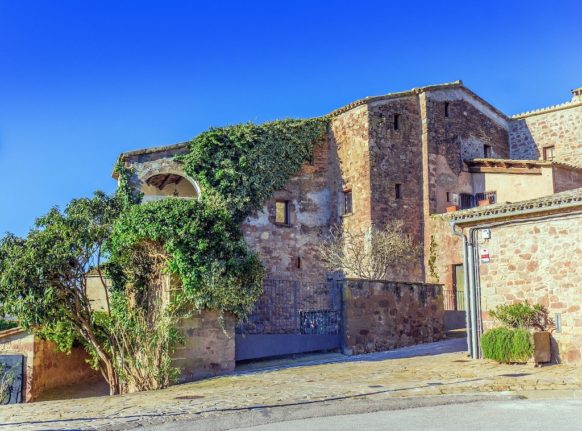Anyone who knows Spain relatively well will be aware that it’s a diverse country and that not all Spaniards hum the national anthem with pride.
A survey published on April 12th 2022 by Barcelona’s prestigious ESADE private educational institution has analysed the nature and gauged the severity of polarisation in Spain.
One of their standout conclusions is that of all regional groups, Catalans are the least favoured among Spaniards, although there actually isn’t a huge difference between the regions.
The results showed that the Catalans were slightly less popular among Spanish citizens in all regions, apart from in the Basque Country.
However, Spaniards generally approve of one another, whatever region they’re from, ESADE found.
The results reflect that the high level of tension in politics is not actually a true reflection of what people from different regions think of one another. In fact, the survey’s findings indicate that there does not seem to be a problem of coexistence at all.
READ ALSO – The good, the bad and the ugly: What are the regional stereotypes across Spain?
ESADE’s survey reveals that the region Spaniards come from doesn’t actually appear to be defining for their personal identity. More than 70 percent of the Spanish population indicated that regional identity was “not at all” or barely “somewhat” important.
Most frequently, Spaniards indicated that they felt a dual territorial identity – both Spanish and regional.
The greatest differences were seen in Catalonia where exclusive identification with the region was the highest, but still under half at 21 percent.
Valencia was the region where the highest number of citizens identified as being exclusively Spanish at 31 percent.
The study found that when one of your parents is from a region different from the one where you live, the probability of identifying with your region decreases significantly.
Unlike the national sample, in Catalonia the assessment of coexistence between the regions is conditioned by political attitudes – those with more regional identities value coexistence more.
The survey also found that unsurprisingly, citizens of Catalonia and the Basque Country are more against centralisation and more in favour of decentralisation than the rest. They are also more averse to moving to other regions in Spain.
All things considered, it seems that despite some regional differences and light animosity, most Spaniards from all corners of the country recognise their regional neighbours as their countrymen and countrywomen.
They also have plenty in common, such as their generally low levels of institutional trust, with no administration (local, regional, central or European) scoring high in any territory.



 Please whitelist us to continue reading.
Please whitelist us to continue reading.
Member comments